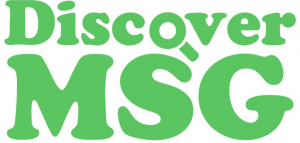Global Regulations
Researchers and regulators globally have certified MSG as safe to consume. Various studies have been to establish the safety of MSG and found no evidence linking MSG consumption to serious health risks.
The regulatory consensus is that MSG is safe for the general population including subgroups like pregnant women and infants.
Certified Safe Across the World

USFDA
The US Food and Drug Administration (FDA) considers the addition of MSG to foods to be “generally recognized as safe”.

JECFA
The WHO-FAO Joint Expert Committee on Food Additives (JECFA) recommends that the use of MSG at levels necessary to achieve the desired effects does not represent a hazard to health. In 1987, the committee stated that ADI for MSG was not necessary and ‘AN ADI NOT SPECIFIED’ was allocated.

FASEB
In 1995, The Federation of American Societies for Experimental Biology (FASEB) concluded that there is no evidence to support a role for dietary MSG or other forms of free glutamate causing or exacerbating serious long-term media problems.

FSANZ
In 2003, The Food Standards Australia New Zealand (FSANZ) says there is no convincing evidence that MSG is a significant factor in causing systemic reactions resulting in severe illness or mortality.

EFSA
The European Food Safety Authority (EFSA) considers MSG to be safe to consume and with no adverse effects of glutamate in raising chronic or reproductive diseases or genotoxicity. In 2017, EFSA panel derived an ADI of 30 mg of MSG per kg body weight.
